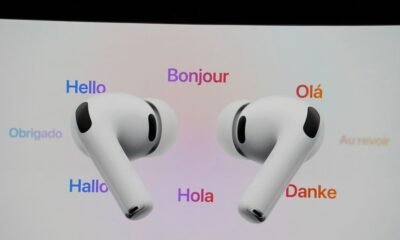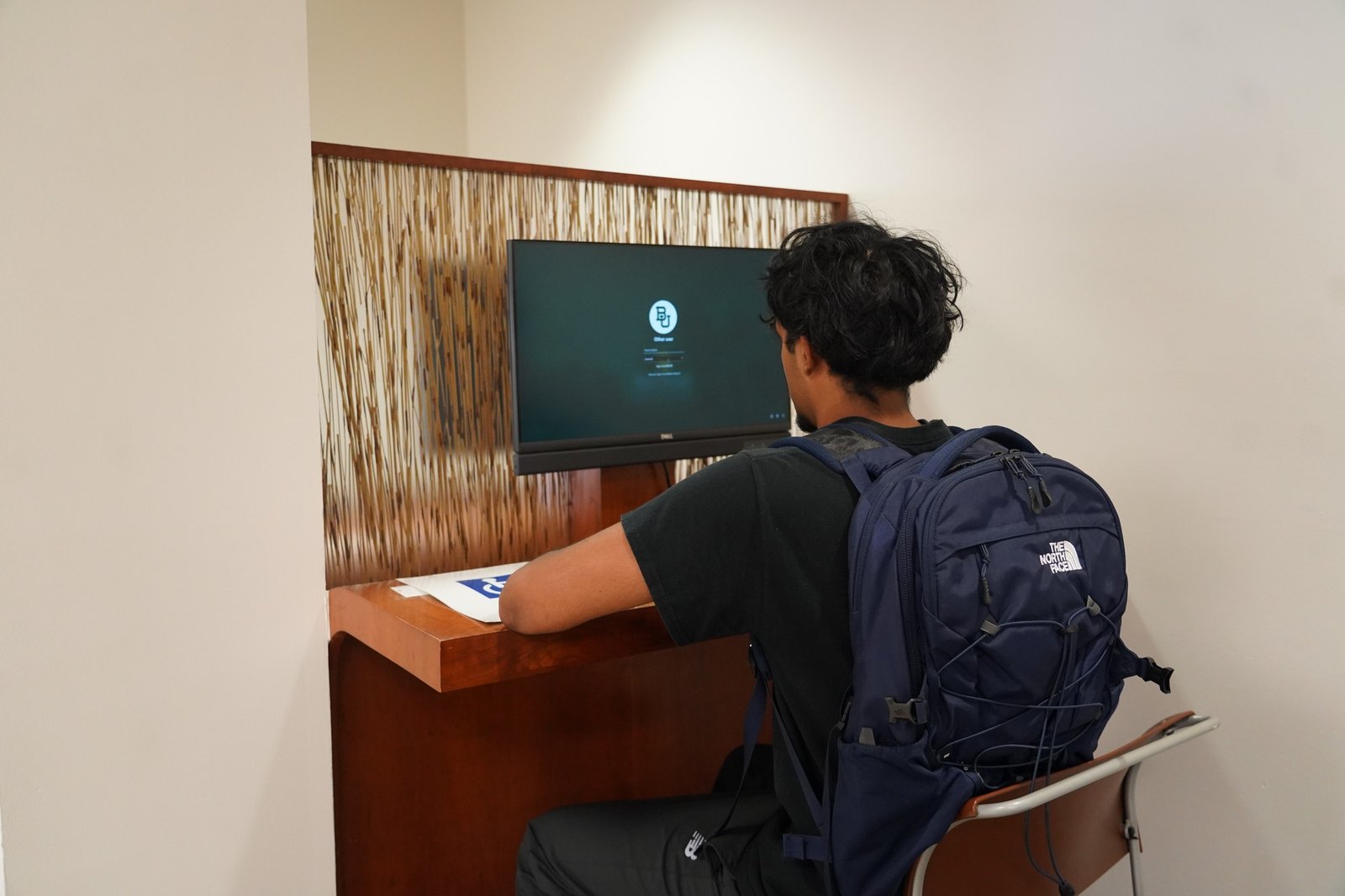Implementing artificial intelligence (AI) into NHS hospitals is far harder than initially anticipated, with complications around governance, contracts, data collection, harmonisation with old IT systems, finding the right AI tools and staff training, finds a major new UK study led by UCL researchers.
Authors of the study, published in The Lancet eClinicalMedicine, say the findings should provide timely and useful learning for the UK Government, whose recent 10-year NHS plan identifies digital transformation, including AI, as a key platform to improving the service and patient experience.
In 2023, NHS England launched a programme to introduce AI to help diagnose chest conditions, including lung cancer, across 66 NHS hospital trusts in England, backed by £21 million in funding. The trusts are grouped into 12 imaging diagnostic networks: these hospital networks mean more patients have access to specialist opinions. Key functions of these AI tools included prioritising critical cases for specialist review and supporting specialists’ decisions by highlighting abnormalities on scans.
Funded by the National Institute for Health and Care Research (NIHR), this research was conducted by a team from UCL, the Nuffield Trust, and the University of Cambridge, analysing how procurement and early deployment of the AI tools went. The study is one of the first studies to analyse real-world implementation of AI in healthcare.
Evidence from previous studies¹, mostly laboratory-based, suggested that AI might benefit diagnostic services by supporting decisions, improving detection accuracy, reducing errors and easing workforce burdens.
In this UCL-led study, the researchers reviewed how the new diagnostic tools were procured and set up through interviews with hospital staff and AI suppliers, identifying any pitfalls but also any factors that helped smooth the process.
They found that setting up the AI tools took longer than anticipated by the programme’s leadership. Contracting took between four and 10 months longer than anticipated and by June 2025, 18 months after contracting was meant to be completed, a third (23 out of 66) of the hospital trusts were not yet using the tools in clinical practice.
Key challenges included engaging clinical staff with already high workloads in the project, embedding the new technology in ageing and varied NHS IT systems across dozens of hospitals and a general lack of understanding, and scepticism, among staff about using AI in healthcare.
The study also identified important factors which helped embed AI including national programme leadership and local imaging networks sharing resources and expertise, high levels of commitment from hospital staff leading implementation, and dedicated project management.
The researchers concluded that while “AI tools may offer valuable support for diagnostic services, they may not address current healthcare service pressures as straightforwardly as policymakers may hope” and are recommending that NHS staff are trained in how AI can be used effectively and safely and that dedicated project management is used to implement schemes like this in the future.
First author Dr Angus Ramsay (UCL Department of Behavioural Science and Health) said: “In July ministers unveiled the Government’s 10-year plan for the NHS, of which a digital transformation is a key platform.
“Our study provides important lessons that should help strengthen future approaches to implementing AI in the NHS.
“We found it took longer to introduce the new AI tools in this programme than those leading the programme had expected.
“A key problem was that clinical staff were already very busy – finding time to go through the selection process was a challenge, as was supporting integration of AI with local IT systems and obtaining local governance approvals. Services that used dedicated project managers found their support very helpful in implementing changes, but only some services were able to do this.
“Also, a common issue was the novelty of AI, suggesting a need for more guidance and education on AI and its implementation.
“AI tools can offer valuable support for diagnostic services, but they may not address current healthcare service pressures as simply as policymakers may hope.”
The researchers conducted their evaluation between March and September last year, studying 10 of the participating networks and focusing in depth on six NHS trusts. They interviewed network teams, trust staff and AI suppliers, observed planning, governance and training and analysed relevant documents.
Some of the imaging networks and many of the hospital trusts within them were new to procuring and working with AI.
The problems involved in setting up the new tools varied – for example, in some cases those procuring the tools were overwhelmed by a huge amount of very technical information, increasing the likelihood of key details being missed. Consideration should be given to creating a national approved shortlist of potential suppliers to facilitate procurement at local level, the researchers said.
Another problem was initial lack of enthusiasm among some NHS staff for the new technology in this early phase, with some more senior clinical staff raising concerns about the potential impact of AI making decisions without clinical input and on where accountability lay in the event a condition was missed. The researchers found the training offered to staff did not address these issues sufficiently across the wider workforce – hence their call for early and ongoing training on future projects.
In contrast, however, the study team found the process of procurement was supported by advice from the national team and imaging networks learning from each other. The researchers also observed high levels of commitment and collaboration between local hospital teams (including clinicians and IT) working with AI supplier teams to progress implementation within hospitals.
In this project, each hospital selected AI tools for different reasons, such as focusing on X-ray or CT scanning, and purposes, such as to prioritise urgent cases for review or to identify potential symptoms.
The NHS is made up of hundreds of organisations with different clinical requirements and different IT systems and introducing any diagnostic tools that suit multiple hospitals is highly complex. These findings indicate AI might not be the silver bullet some have hoped for but the lessons from this study will help the NHS implement AI tools more effectively.”
Naomi Fulop, Senior Author, Professor UCL Department of Behavioural Science and Health
Limitations
While the study has added to the very limited body of evidence on the implementation and use of AI in real-world settings, it focused on procurement and early deployment. The researchers are now studying the use of AI tools following early deployment when they have had a chance to become more embedded. Further, the researchers did not interview patients and carers and are therefore now conducting such interviews to address important gaps in knowledge about patient experiences and perspectives, as well as considerations of equity.
Source:
Journal reference:
Ramsay, A. I. G., et al. (2025). Procurement and early deployment of artificial intelligence tools for chest diagnostics in NHS services in England: a rapid, mixed method evaluation. eClinicalMedicine. doi.org/10.1016/j.eclinm.2025.103481











































